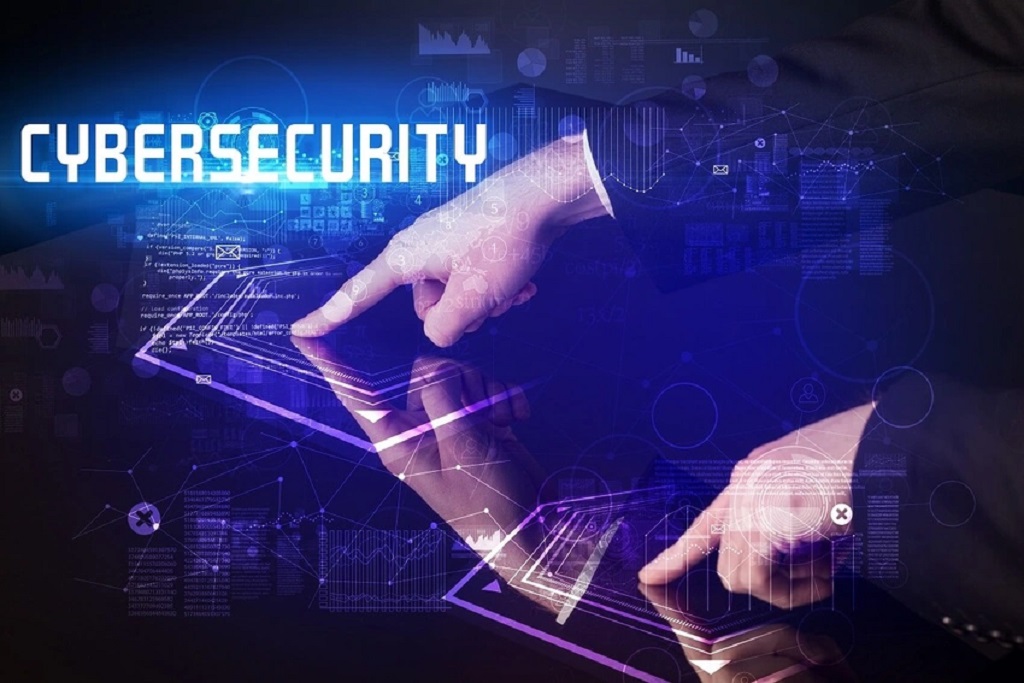
In today’s digital age, businesses rely heavily on technology to streamline operations, connect with customers, and manage sensitive data. However, with increased connectivity comes a higher risk of cyber threats. Cybersecurity plays a pivotal role in safeguarding businesses against these threats, ensuring the continuity of operations, and protecting sensitive information. In this comprehensive article, we will explore why cybersecurity is essential for business of all sizes.
The Evolving Landscape of Cyber Security
The digital landscape is constantly evolving, and so are the tactics employed by malicious actors. Understanding the dynamic nature of cybersecurity is essential for businesses to stay one step ahead. Let’s delve into some key aspects:
Cyber Security Trends
Stay up-to-date with the latest trends in cyber threats and protection mechanisms. With new technology emerging regularly, it’s crucial to adapt your cybersecurity strategy accordingly.
Information Security Risks
Businesses should assess and mitigate information security risks regularly. Implement robust strategies to protect customer data, financial records, and intellectual property.
Employee Security Training
Invest in employee security training to create a vigilant workforce that can identify and respond to potential threats effectively.
Cybersecurity for Business Continuity
One of the primary reasons why cybersecurity is essential for businesses is its role in ensuring continuity. Any breach or attack can disrupt operations, resulting in financial losses and damage to reputation. Here’s how cybersecurity contributes to business continuity:
Network Security
Protect your network infrastructure from unauthorized access and cyber threats. A breach can lead to downtime and loss of critical data.
Cloud Security
As businesses increasingly rely on cloud services, securing data stored in the cloud is paramount. Ensure that your cloud security measures are robust.
Small Businesses Vulnerability
Contrary to popular belief, small businesses are not immune to cyber threats. In fact, they are often more vulnerable due to limited resources. Cybersecurity is essential for businesses is just as critical.
Legal Implications and Regulations
Regulations surrounding data privacy and cybersecurity are becoming stricter. Failing to comply with these regulations can result in severe penalties and legal consequences:
General Data Protection Regulation (GDPR)
GDPR mandates stringent data protection measures for businesses operating in the European Union. Non-compliance can lead to significant fines.
Notifiable Data Breaches (NDB) Scheme
The NDB scheme in Australia requires businesses to report data breaches promptly. Ignoring this requirement can result in legal ramifications.
The Threat of Cybercrime
Cybercrime is on the rise, and businesses are prime targets. Understanding the nature of cybercrime and how it can impact your business is crucial:
Data Breaches
Data breaches can lead to the exposure of sensitive customer information, leading to loss of trust and financial consequences.
Cyber Attacks
Sophisticated cyber attacks can cripple your business operations, resulting in substantial financial losses.
Phishing Attacks
Educate your employees about the dangers of phishing attacks, which can trick them into revealing sensitive information.
Why Cybersecurity is Not a Luxury
In conclusion, cybersecurity is not a luxury that businesses can afford to overlook. It’s an essential for business investment in protecting your operations, reputation, and the trust of your customers. Stay informed about the latest threats, comply with regulations, and implement robust security measures. Remember, in the digital age, it’s not a matter of “if” but “when” a cyber threat will occur. Be prepared.
FAQs
Q: What is the significance of cybersecurity for small businesses?
A: Small businesses are equally susceptible to cyber threats. Cybersecurity safeguards their operations, customer data, and reputation.
Q: How does GDPR impact businesses?
A: GDPR imposes strict data protection requirements. Non-compliance can result in substantial fines for businesses operating in the EU.
Q: What is the NDB scheme in Australia?
A: The Notifiable Data Breaches (NDB) scheme requires Australian businesses to report data breaches promptly or face legal consequences.
Q: How can I protect my business from phishing attacks?
A: Educate your employees about the dangers of phishing attacks, and implement email filtering and authentication measures to detect and prevent phishing attempts.
Q: Are cybersecurity measures a one-time investment?
A: No, cybersecurity is an ongoing effort. Threats evolve, and businesses must continually adapt their security measures to stay protected.
Q: Is cybersecurity only relevant to large enterprises?
A: No, businesses of all sizes can fall victim to cyber threats. Small businesses, in particular, should not underestimate the importance of cybersecurity.
Cybersecurity is not an option; it’s a necessity for businesses in the digital age. Protect your operations, customer trust, and sensitive data by staying vigilant and proactive in your cybersecurity efforts. In a world where cyber threats are constantly evolving, being prepared is the key to success.

